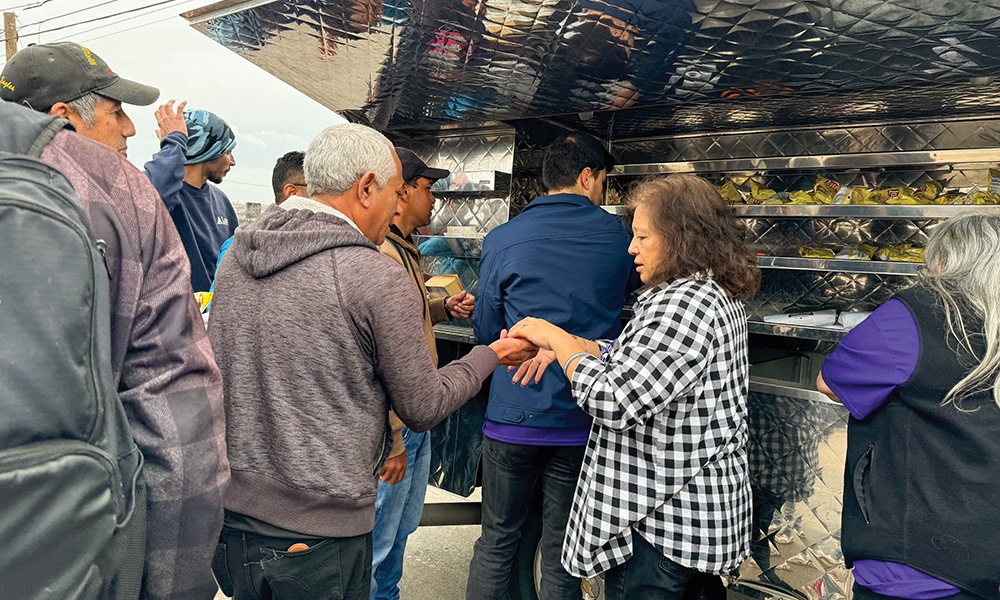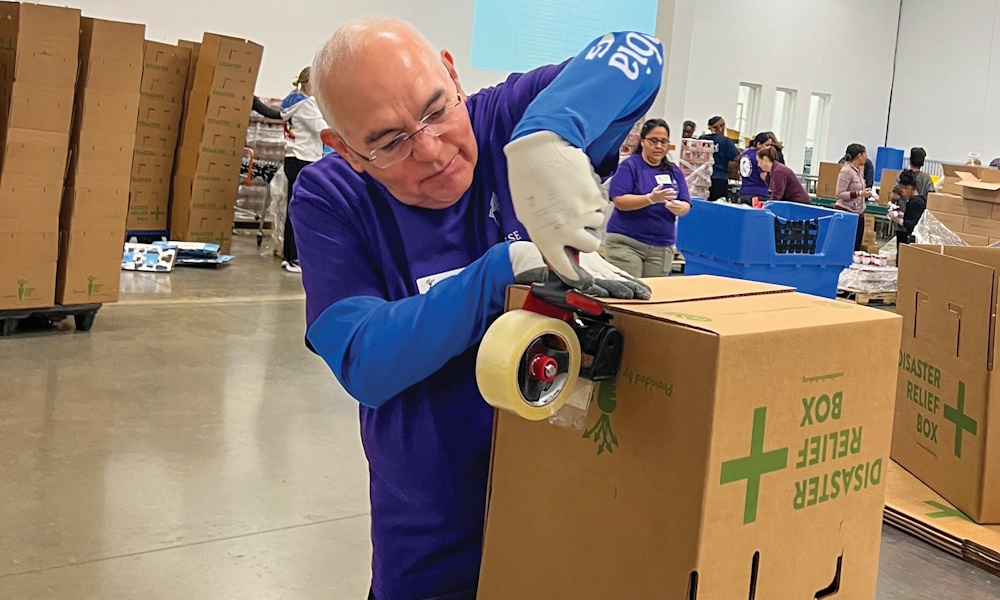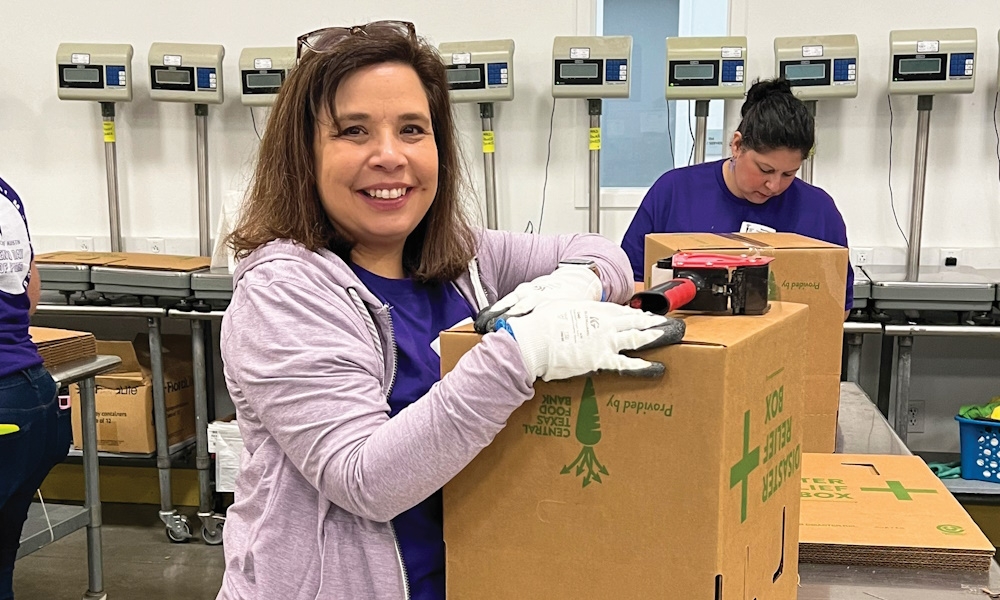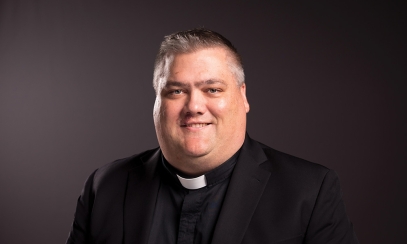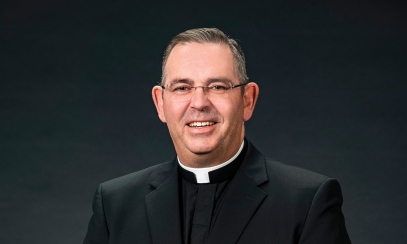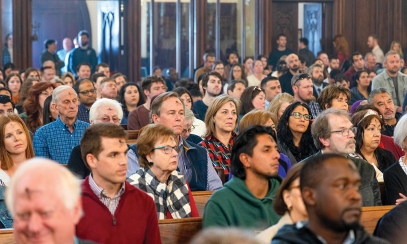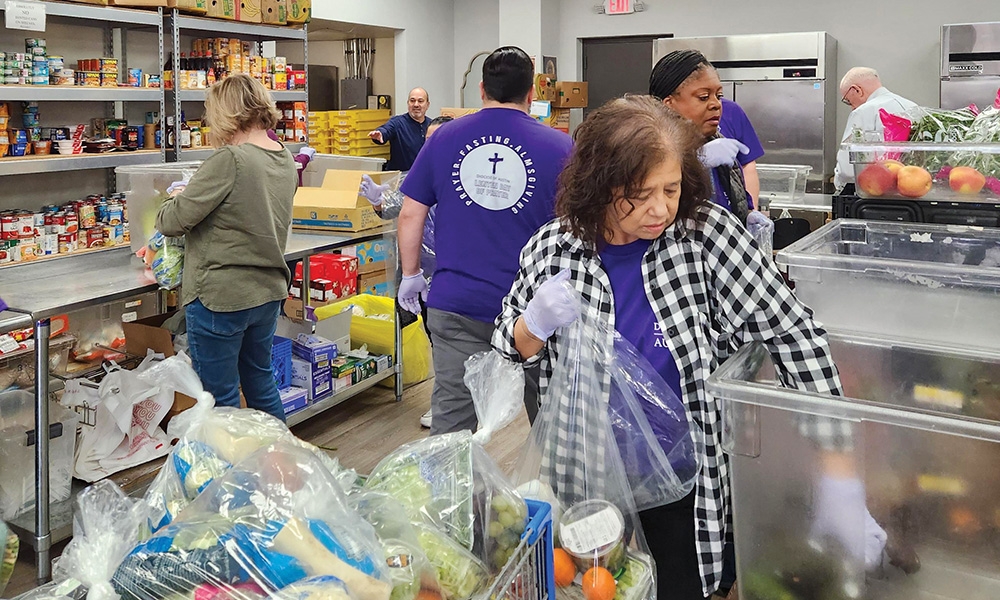
Blessed are the poor in spirit
Editor: Bishop Vásquez, as we continue diving into Catholic social teaching, our next topic is the Option for the Poor and Vulnerable. Let’s start by defining who are the poor and vulnerable?
Bishop Vásquez: The poor is a wide net cast to include those who don’t have the financial resources to provide for themselves as well as those who are spiritually poor. The poor include people who are stuck in addiction and even those who are raised without God. The vulnerable are those who are most likely to be taken advantage of by society, whether that's a baby in a mother's womb, a young child or an elderly person who is dependent upon others for care.
Our responsibility as members of the Body of Christ is to care for the oppressed, the widow, the orphan, the stranger as we hear again and again in the Old Testament. In Scripture, God tells us there will be consequences if we do not care for the weak and vulnerable.
We must remember that we too are poor in that we are totally dependent upon God. All we have is a gift from God. When Jesus says in the Sermon on the Mount, “Blessed are the poor in spirit, for theirs is the kingdom of heaven,” he means blessed are those who rely fully on God and not their wealth, their prestige or their power. We must realize that everything we have comes from God, and when we offer our help to those who live in poverty and to those who are voiceless, we are following Jesus’ commandment to love others. “For the measure you give will be the measure you get back,” Jesus says in Luke’s Gospel.
In our diocese, we are blessed to have Catholic Charities of Central Texas and the Society of St. Vincent de Paul who offer a wide spectrum of services to the poor and vulnerable throughout Central Texas. Through these agencies we can support those who are impoverished, sick, suffering or addicted. We can also support those in need by simply being present to our neighbors in our communities.
Editor: What does it mean to have a preferential option for the poor and vulnerable?
Bishop Vásquez: The preferential option for the poor and vulnerable means that we put the needs of the poor and vulnerable first. We are called to respond to their needs even though they have no way to repay us. As Catholics we must speak out on their behalf and not be afraid to raise our voices and advocate for them, so they are never taken advantage of. As the Catechism of the Catholic Church teaches us, “The Church's love for the poor … is inspired by the Gospel of the Beatitudes, of the poverty of Jesus, and of his concern for the poor.” (CCC, 2444)
Editor: The next topic is Dignity of Work and the Rights of Workers. This issue came to a head after the Industrial Revolution. It continues to be a concern today, right?
Bishop Vásquez: Yes, Pope Leo XIII in his encyclical Rerum Novarum very clearly affirms workers’ rights to just wages, rest and fair treatment. Every person’s dignity given to them by God gives them the right to security and safety in the workplace. Work is more than a way to make a living; it is a form of continuing participation in God’s creation.
From the beginning of creation in the book of Genesis, God settles man in the garden of Eden to cultivate and care for the land. When we work, we are collaborating with God to build a better world and a better society. Our work gives us dignity, and the Lord blesses our work so that we may share its fruits with others.
Editor: What is your prayer for those who are poor and struggling to find meaningful work or struggling to get out of the cycle of poverty?
Bishop Vásquez: God, may those who are struggling with poverty see themselves as worthy of love and dignity because they have been created in your image and likeness. Because they are our brothers and sisters, help us who have been gifted with your blessings reach out to them with compassion and mercy. In our encounters with the poor and vulnerable may we recognize the face of Christ. And may our work and all that we do glorify the Lord. Amen.
Bishop Vásquez is the fifth bishop of the Austin Diocese, which is home to more than 700,000 Catholics. For details, visit the diocesan website at austindiocese.org.

